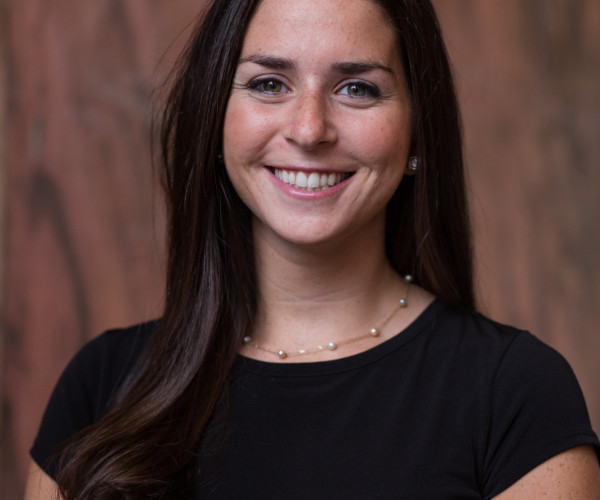Forget about cold calls and the curve
Many professors at Penn Law use the Socratic method. I was nervous for my first day of class. Knowing my luck, I would certainly be called on. I tried to prepare, but having never attended law school before, I did not know what details or applications of the law I would be expected to know. Would they ask specific dates, what color shirt the plaintiff was wearing? I had no idea. As I went through the reading, I recorded an unnecessary amount of detail.
In my second class on the first day of 1L, I was called on, and I got the answer right! After class, friends and classmates I had not met yet came over to tell me what a great answer I had given. Between you and me, it was not anything special. But that is the environment at Penn Law. I have since been called on many times but regardless of whether my answer was right or wrong, my classmates supported and encouraged me. I did not have to fear what my classmates would think if I got an answer wrong or if I approached an issue from an alternative direction.
I have heard stories about people ripping out the pages of a textbook so other students would not be able to use it as a resource. While that may be a less practical endeavor with the availability of online resources, it is something that would never happen at Penn Law.
Most first year courses are graded on a curve. Naturally, one would assume that would make students more competitive and less likely help each other, but not at Penn Law. A few weeks into my first semester a girl in our class found a set of outlines that she found helpful and posted them in our class group on Facebook.
I was amazed. Did she forget that we are graded on a curve?
What I soon learned is that no, she did not. She, as well as the rest of our class, incorporated the Penn Law philosophy that acknowledges that law school is challenging. Some people will understand certain topics better than others will, but if we help each other, we can all do better and be better.
It is the positive environment at Penn Law that has enabled us to intelligently, yet respectfully, disagree with and learn from each other’s opinions. I believe that the mutual deference and exposure to diverse opinions will enable me to be a better attorney one day, as I approach complex problems in the legal industry. It is a unique experience to be sitting in a class full of smart, talented, future lawyers. At Penn Law, classmates are not thinking about what they can do to get a better grade than their peers. Instead students encourage each other, fostering a learning environment that enables each student to make the most of this incredible opportunity.





